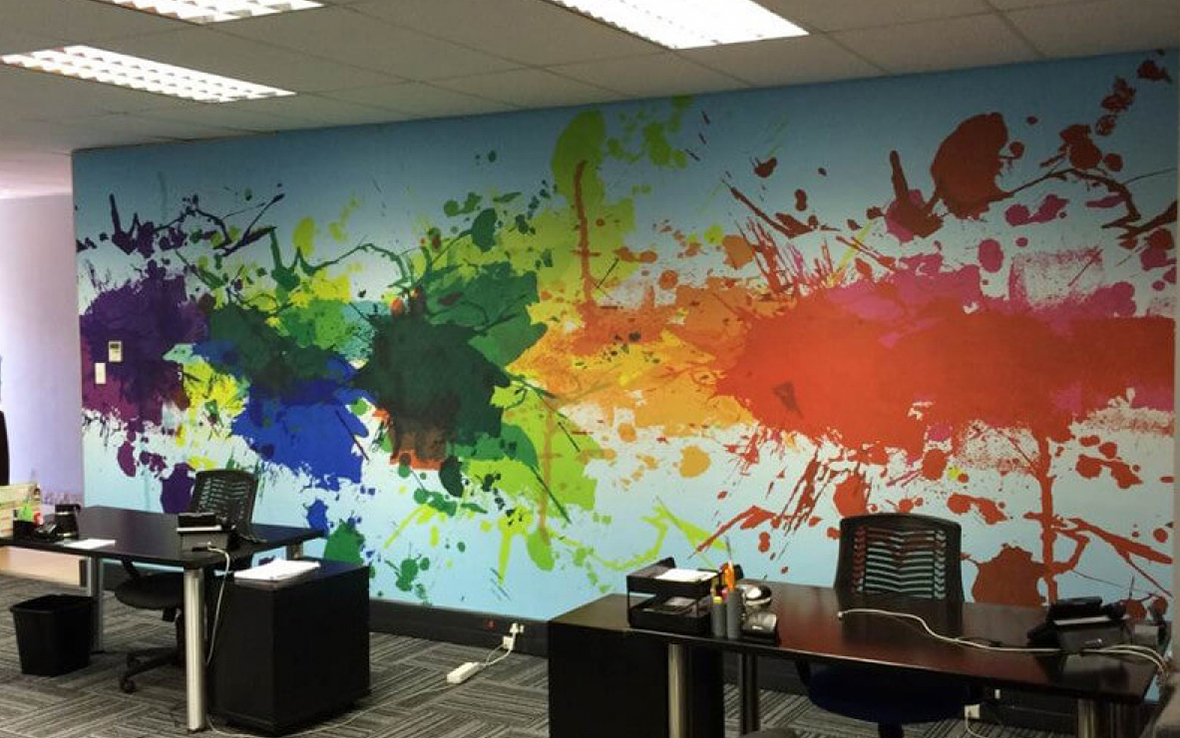Speaking on World Kidney Day on 10 March, Dr Anchen Laubscher, medical director at Netcare, said that it was critical to increase public awareness of this devastating disease, particularly as it is preventable in many cases, or at least medically manageable if detected early enough.
“Chronic kidney disease, or CKD, has been estimated to be responsible for the deaths of as many as 10 000 South Africans a year and there is little doubt that the disease has become more prevalent in recent years,” points out Dr Laubscher. “This is alarming and demonstrates just what a major healthcare problem it has become within the South African context. It also highlights the importance of improving public awareness regarding prevention and early detection.”
A silent killer: According to Dr Laubscher, the kidneys are among our most vital organs as they act as filters eliminating harmful toxins from the body. Kidneys also maintain the body’s balance of various salts such as sodium, calcium, potassium, and phosphate as well as its acidity levels. Without this filtering and balancing process, the body becomes clogged with toxins and slowly becomes poisoned.
“One of the problems is that CKD is all too often a ‘silent killer’. The patient usually has no or few symptoms and is not aware of a problem until their kidneys are close to completely failing. This underscores the importance of having your risks for developing the illness regularly assessed by a healthcare practitioner. This is especially important for people who suffer from diabetes or high blood pressure [hypertension], which are the most common causes of CKD in South Africa.”
“If kidney disease is detected early, much can be done to greatly slow its course. Those who are at high risk of developing the disease should therefore be sure to have their kidneys screened regularly for problems,” says Dr Laubscher.
Who is at risk?
According to Dr Laubscher, all South Africans are potentially at risk of developing CKD.
Netcare says that a number of factors can result in damage to the kidneys and the development of CKD:
- Diabetes and uncontrolled high blood pressure, which are the leading causes of kidney disease.
- Certain drugs may increase the risk, e.g. non-steroidal anti-inflammatory drugs used for patients with arthritis and bone problems, lithium used for some patients with mood disorders and the long-term use of certain pain medications.
- Trauma, either caused by an accident or toxins.
- Certain infections.
- Recurrent kidney stones and bladder infections.
- Some cancers and cysts.
“As kidney disease progresses to the end stage, the kidneys become less effective in filtering the blood of toxins. This is when the blood must be artificially filtered through a process of dialysis on a regular basis in order to assist in maintaining the best possible quality of life.”
How to maintain kidney health
There is fortunately much that can be done to prevent kidney disease from developing. Individuals can minimise their risk if they maintain a healthy lifestyle that includes exercise and a healthy diet.
There are a number of other practical ways to maintain kidney health:
- Visit your doctor regularly and discuss your risks for developing CKD as well as diabetes and high blood pressure.
- Follow your doctor’s orders to control your blood pressure if you have been diagnosed with high blood pressure and blood glucose if you are a diabetic.
- Follow your healthcare practitioner’s medical and dietary advice.
- Learn about the symptoms of kidney disease.
- Take medication as prescribed by your doctor only.
- Do not take over-the-counter medications and supplements without the approval of your doctor.
Monitor your kidney health
Dr Laubscher advises South Africans over the age of 40 to visit their doctors once a year to have their kidney health assessed. Those who have a family history of high blood pressure, diabetes or kidney disease should be particularly careful to keep these conditions under control and have the health of their kidneys closely monitored.
“High blood pressure can rapidly destroy the functioning of organs such as the kidneys and has been estimated to be the cause of some 65% of kidney disease in this country, while 50% of all diabetics go on to develop CKD. Regular visits to your healthcare practitioner will help you to manage these conditions and keep any damage to your kidneys to a minimum.”
She points out that kidney disease is not curable. However, if it is detected early its progress can be slowed considerably and the need for dialysis greatly delayed.
“Your doctor will seek to determine the cause of the disease and treat the underlying condition, and give advice or refer you to a dietician for advice on dietary and lifestyle changes as these can play an important part in slowing the progress of kidney disease,” she concludes.










